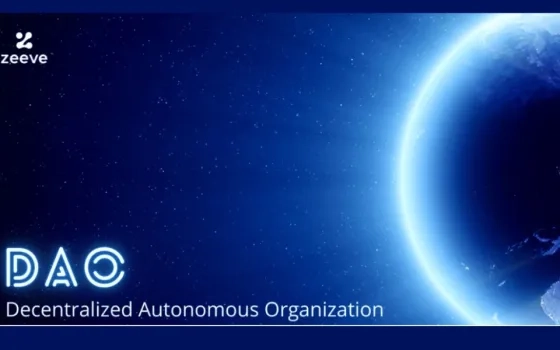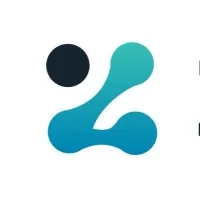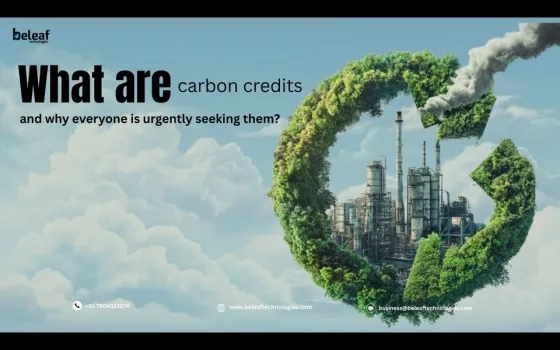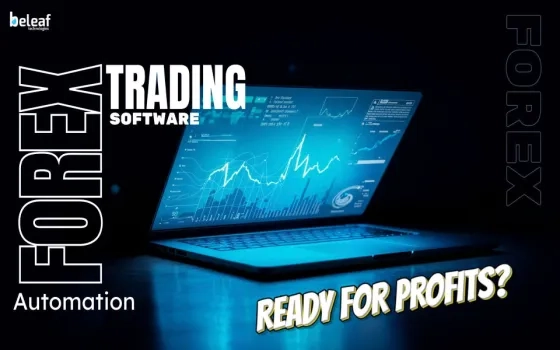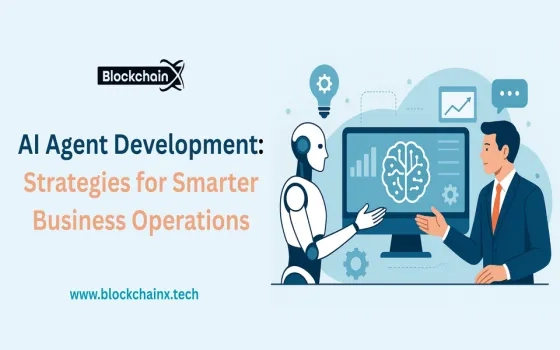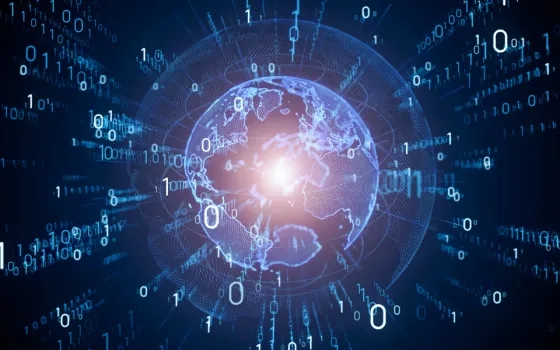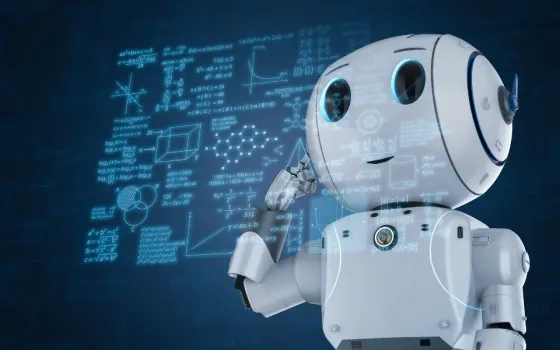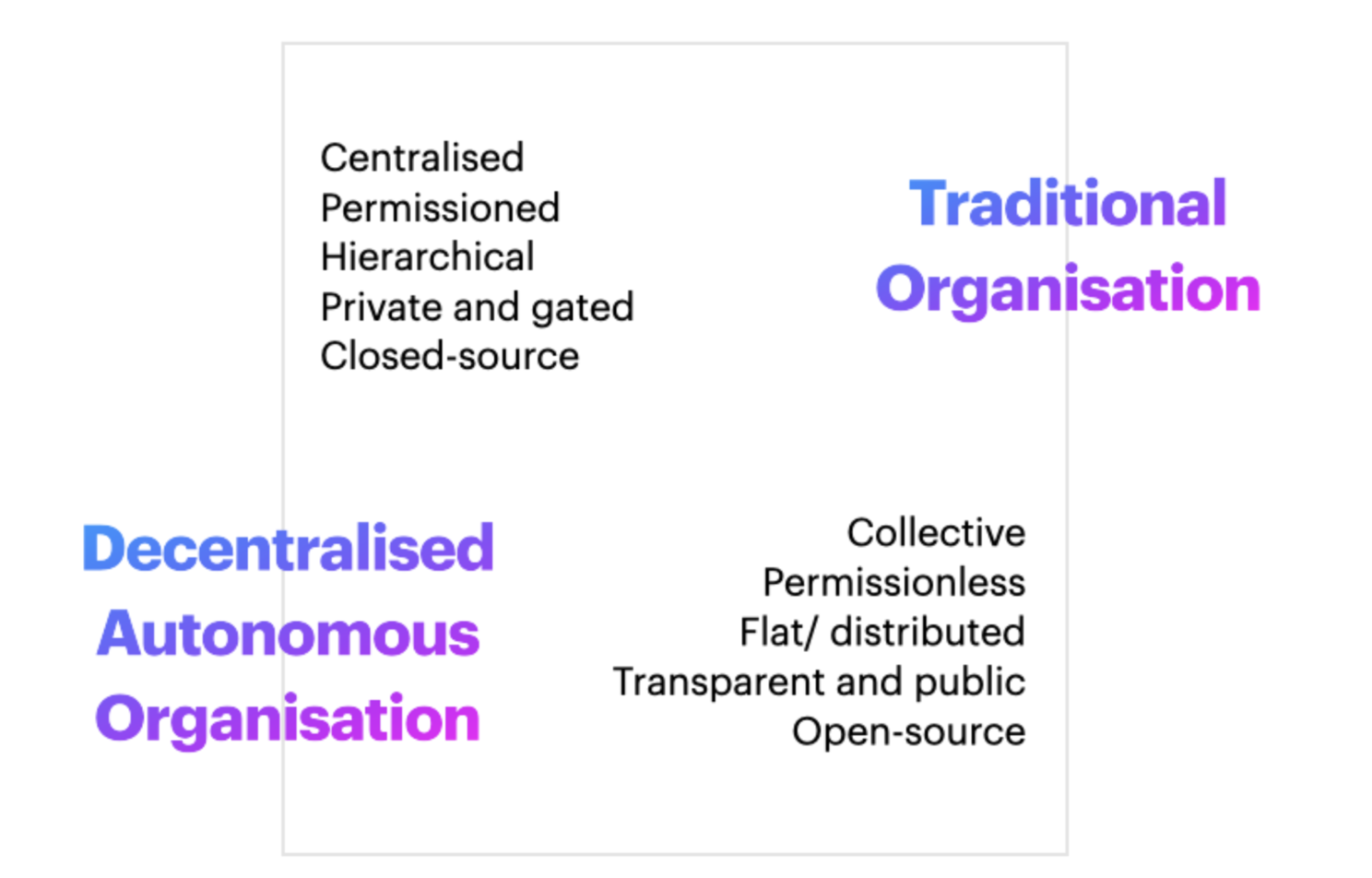
Things move quickly on the internet. Because information and content can now travel instantaneously worldwide, some firms are relocating their whole operations to cyberspace. And yet, the pace at which these firms function is....lagging?
Decentralization
Decentralization is commonly referred to as the shift of power (and decision-making) from a centralized entity (person, organization, or group) to a distributed network. Decentralized networks attempt to lower the trust that users must place in one another and prevent them from exercising power or control over one another in ways that undermine network operation.
Decentralization is one of the most significant transformations of the internet. Because its complicated and systemic structure is implemented to varying degrees in most developing and developed nations. Decentralization impacts several aspects of society, from the structure and quality of governance to national wealth, economic development, and human well-being.
Advantages of Decentralization
No one must know or trust anyone else in a decentralized (blockchain) network. Each participant of a decentralized has a copy of the same data.
- Enhances data reconciliation
Companies often have to share data with their partners. This data often gets converted and stored in each party's data silos. It often resurfaces and gets transferred further. Each time the data is converted, the possibility of data loss or inaccurate data entering the workstream increases. Thanks to the decentralized aspect of data storage, every entity gets access to a real-time and shared view of the data.
- Minimizes vulnerability of systems
Decentralization may help decrease the sources of vulnerability in systems that rely too much on single players. These flaws may result in systemic failures, such as failure to deliver promised services or inefficient service owing to resource depletion, outages, bottlenecks, corruption, etc.
- Improves resource distribution
Decentralization may also improve resource allocation, resulting in better performance and consistency and a lower probability of catastrophic failure.
Smart contracts are essentially algorithms that execute when specific criteria are satisfied and are recorded on a blockchain. They are often used to automate the implementation of an agreement so that all parties may be confident of the conclusion straight away, without the participation of an intermediary. They may also automate a process by activating the next activity when certain circumstances are satisfied. Avalanche node is the fastest smart contracts platform in the Blockchain industry, as measured by time-to-finality. It has been designed to solve some of the limitations of other blockchain platforms like low throughput, higher transaction finality time, centralization, and scalability.
Introduction to DAOs
With the growth of the decentralized aspect of the internet, there has been an increase in discussions about DAOs, a word often used in the crypto and blockchain industry. DAO supporters argue it is the next step toward a decentralized future, but what exactly is a DAO, and how do they work?
DAO is an abbreviation for Decentralised Autonomous Organisation, a fancy term for a group of people who agree to follow a particular set of rules to achieve a shared goal. Those rules are encoded into the organization's code through smart contracts, which are algorithms that execute only when specific criteria are met.
Everyone commits to supporting the group, which may serve almost any purpose. There is no centralized governing power, thus the term "decentralized." DAOs have a flattened hierarchy, which means that everyone has a stake, and no individual owns or manages the whole enterprise, as a traditional CEO would.

A Decentralised Autonomous Organisation (DAO) operates without the need for hierarchical management and can serve a variety of objectives. These groups can create freelancer networks where contracts pool their funds to pay for software subscriptions, philanthropic organizations where members approve payments, and venture capital businesses run by a group. A DAO can be joined in various ways, the most common of which is through token ownership.
In essence, DAO ensures the community has control of the organization’s funds and determines the usage of funds. The whole community gets to decide how and where a specific amount of funds will be used and who should be entrusted with the fund’s handling.
Presently, DAOs are used for many purposes such as charity, fundraising, investment, borrowing-lending, or collecting NFTs without intermediaries. Some examples are as follows:
- Grant Funding – Moloch DAO (provides grants to Ethereum 2.0 project)
- Charity Funding – Charity DAO (raises funds for any charitable project)
- Investment – Metacartel Ventures (makes investments into early-stage DApps)
- Collector: FlamengoDAO, WhaleDAO (makes investment and collects NFT assets)
- Decentralized Finance & Exchanges – MakerDAO, Aave, Uniswap, etc. (perform functions such as lending-borrowing, listing, etc.)
Here are some interesting DAO initiatives to look into:
- Metaverse DAO: Offers a novel Farm-as-a-Service model. Earn crypto rewards from various blockchain networks while holding just one native token.
- Aave is a DeFi system that allows you to borrow or lend cryptocurrency in return for digital asset collateral.
- Blockster is a cryptocurrency-based media network that focuses on user-generated content. The platform features its token (BXR), the foundation for all advertising on content sites.
- Aragon: A platform specializing in open-source tools for developing and implementing DAOs. Tools for making governance more accessible are included.
Launching a DAO
DAOs are wholly self-contained and transparent. Anyone may see their code because they are built on open-source blockchains. Because the blockchain records all financial transactions, anyone may audit their built-in treasuries. A DAO is typically launched in three stages:
- Making a smart contract: To begin, a developer or group of developers must create the DAO’s smart contract. After launching, they can only amend the rules specified by these contracts through the governance system. As a result, they must thoroughly test the contracts to ensure that essential aspects are not overlooked.
- Following the creation of the smart contracts, the DAO must decide how to acquire financing and how to implement governance. Tokens are frequently sold to raise funds; these tokens grant holders voting rights.
- The DAO must be launched on the blockchain once everything has been set up. Stakeholders will now make decisions on the organization’s future. The founders of the organization —individuals who developed the smart contracts — no longer have any influence over the project more than the other stakeholders.
DAOs offer significant advantages over traditional organizations since they are internet-native. The lack of trust required between two parties is a significant advantage of DAOs. While a typical organization demands a great deal of faith in the people who run it — particularly on behalf of investors — DAOs just require trust in the code. Trusting that code is easier because it’s open-source and can be thoroughly tested before release. After a DAO is started, the community must approve every action it performs and is totally public and verifiable.
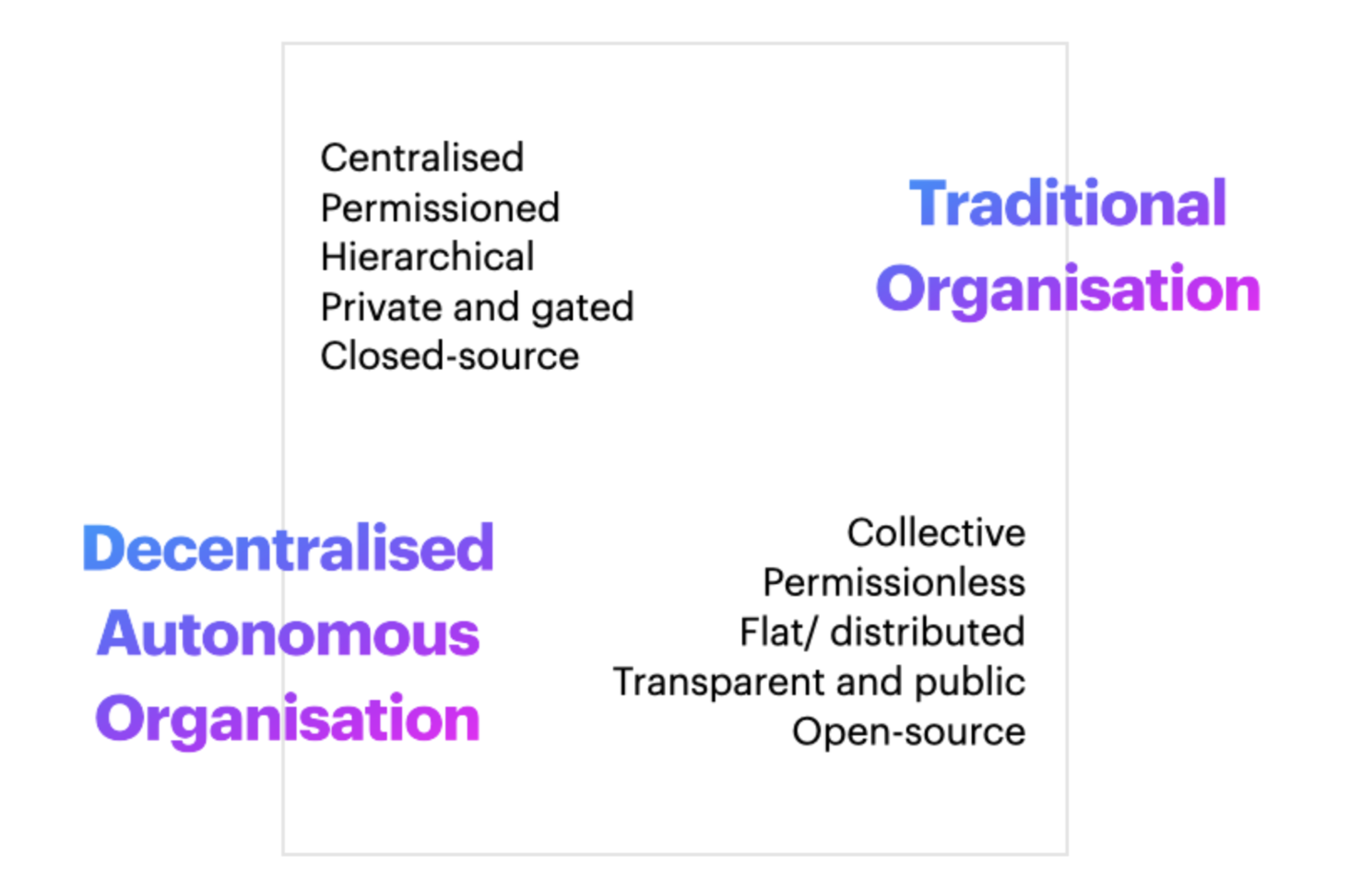
Briefly:
- Decentralized Autonomous Organisations are altering our perceptions of how organizations function and how they could work in the future.
- DAOs, due to their distinct structure, hold the potential to focus on community rather than profit and may enable a more socially aware organization.
- Realizing DAOs in the real world will require considerable obstacles to be overcome, yet the urge to structure businesses differently exists, and the potential advantages are clear.
About The Author

Dr. Ravi Chamria is co-founder CEO of Zeeve Inc, an Enterprise Blockchain company. He has an experience of 18+ years in IT consulting spanning across Fintech, InsureTech, Supply Chain and eCommerce. He is an executive MBA from IIM, Lucknow and a prolific speaker on emerging technologies like Blockchain, IoT and AI/ML.
Passionate About: Blockchain, Supply Chain Management, Digital Lending, Digital Payments, AI/ML, IoT
Specialities: Strategic Management, Technology Innovation, Product Management



